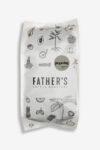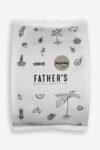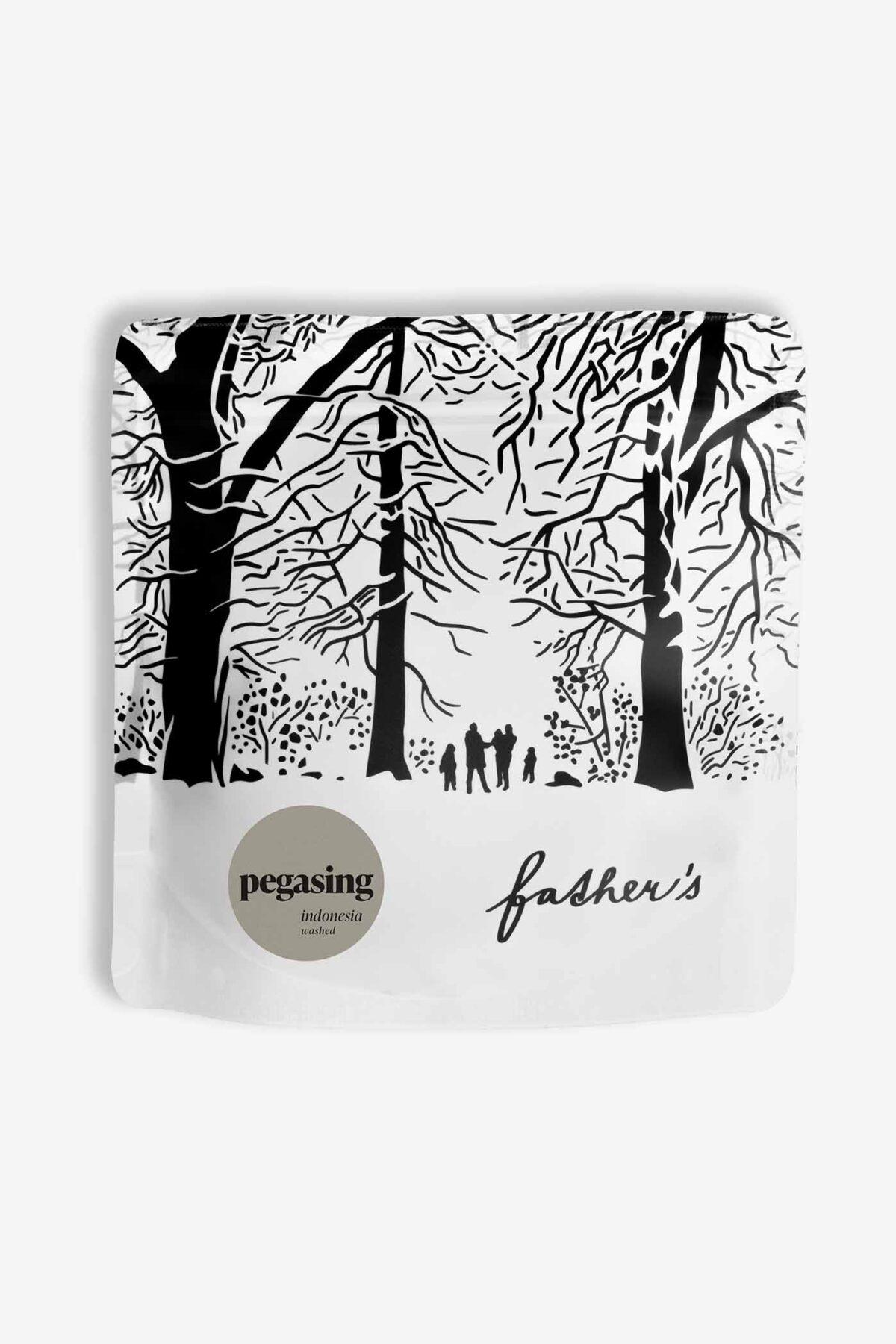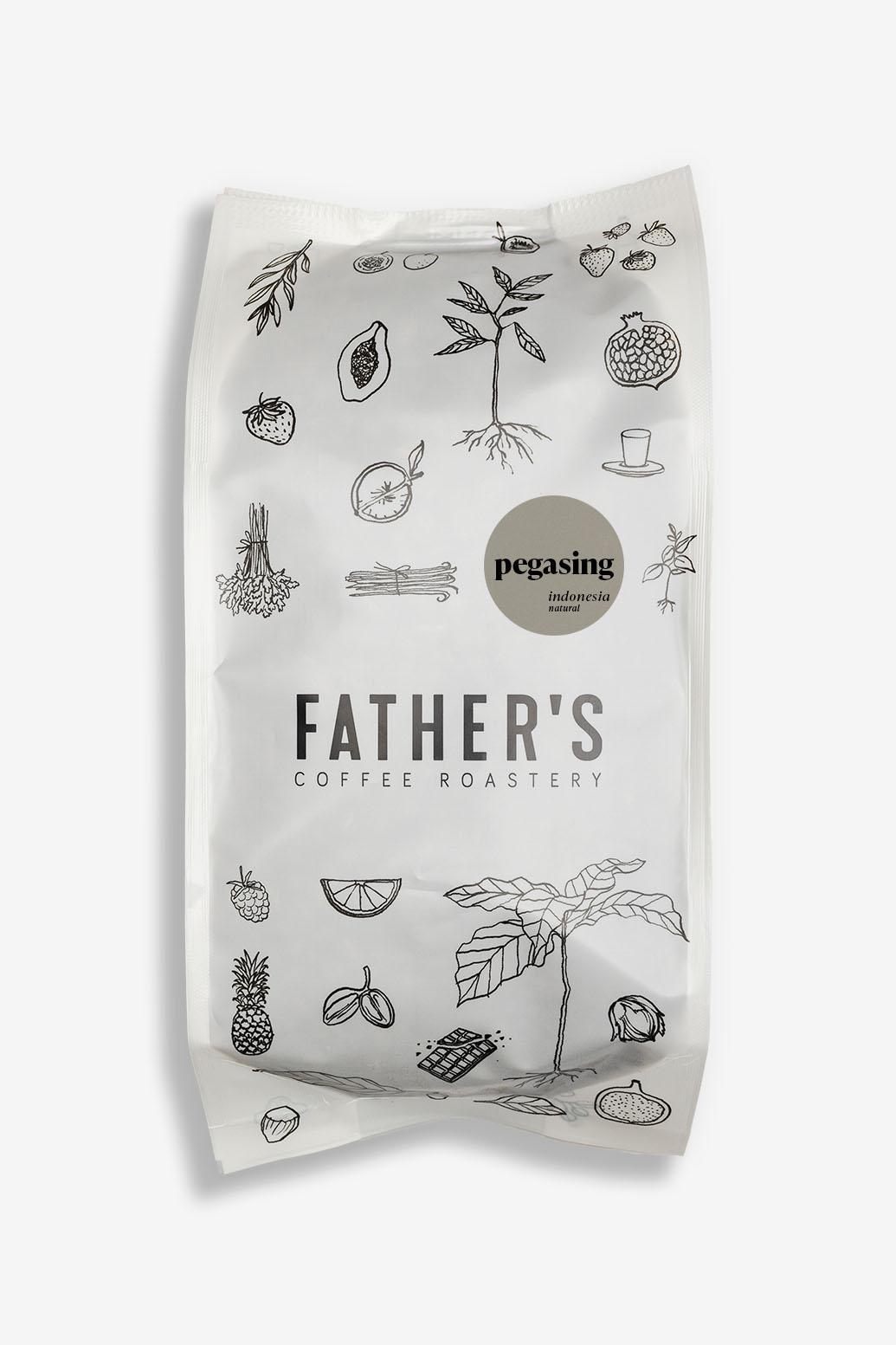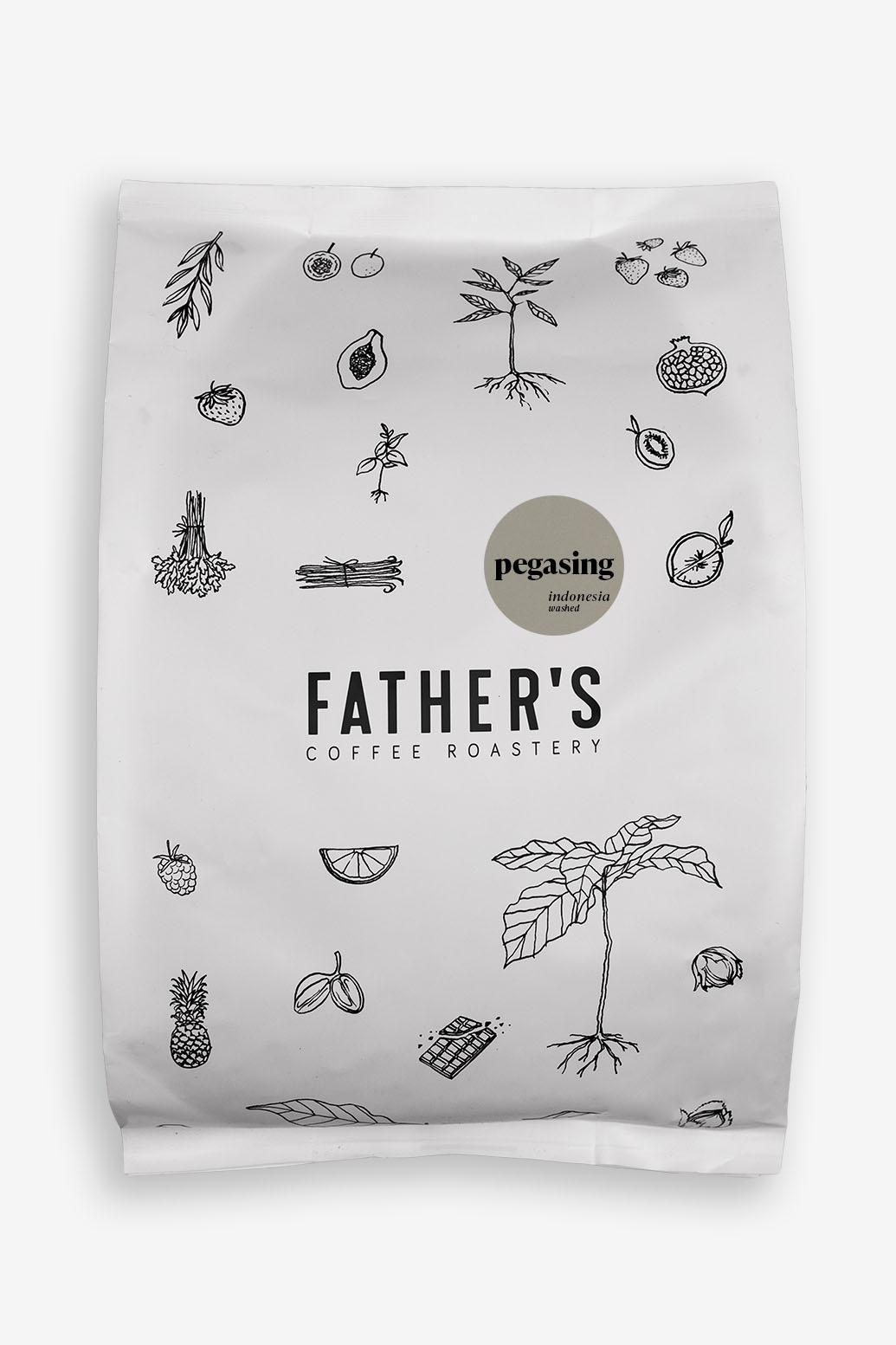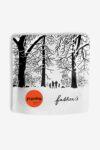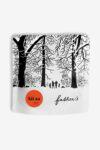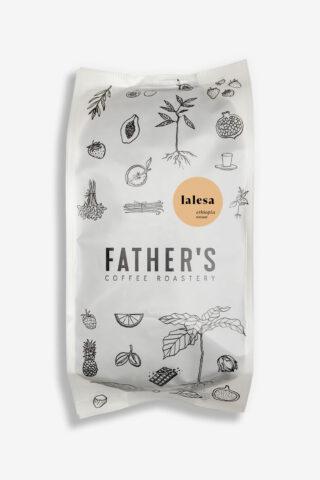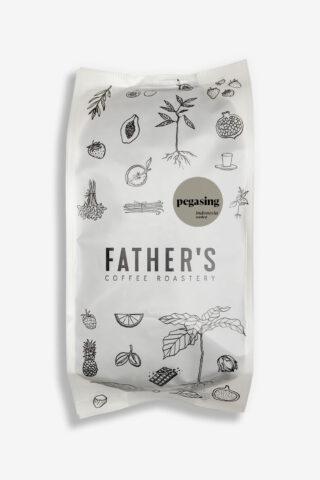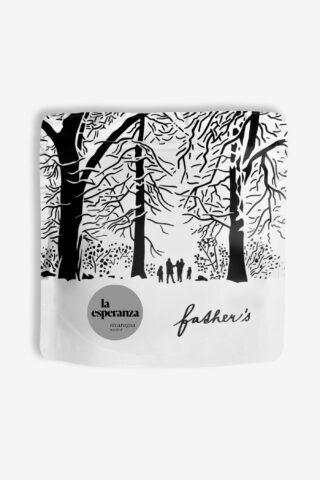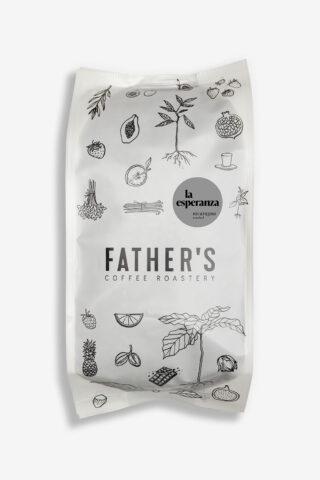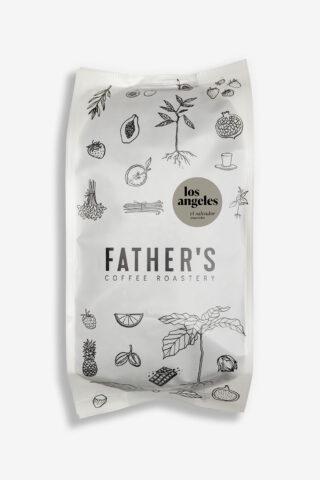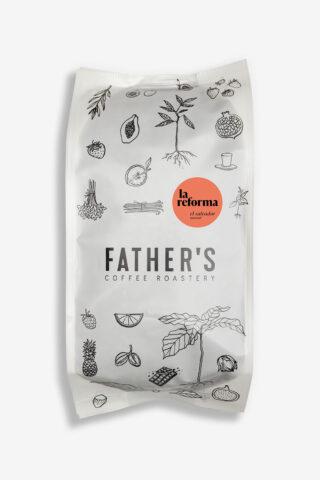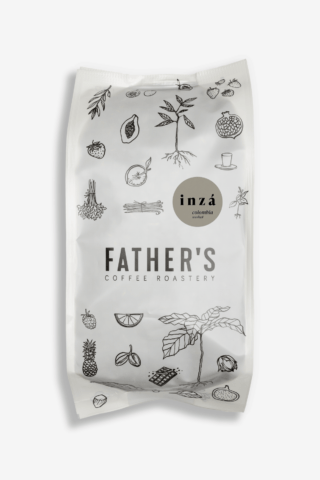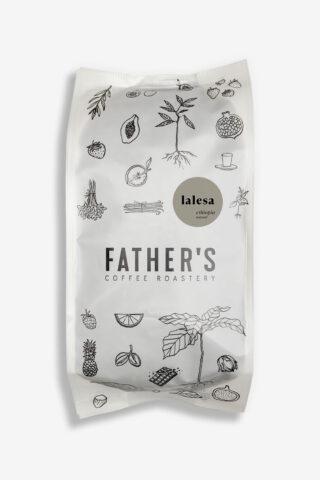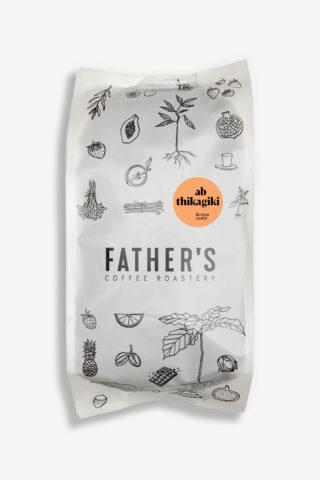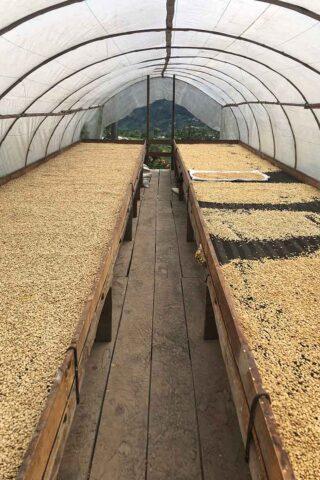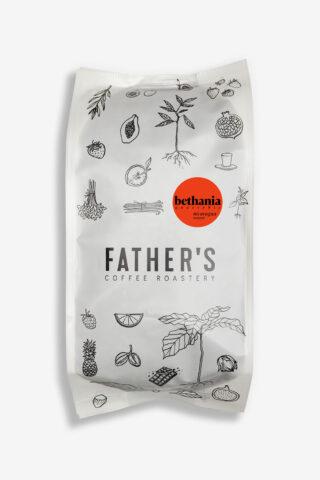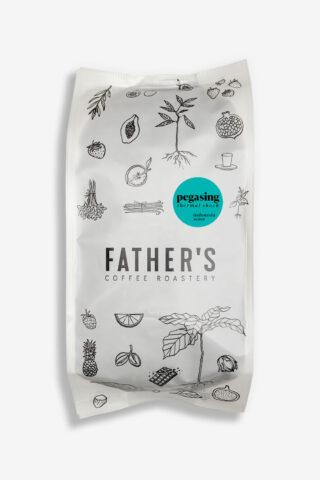Indonesia – Pegasing wasshed
€ 17.47 – € 92.82
Country: Indonesia
Region: Pegasing
Processing station: Team Pegasing
Altitude: 1300-1500 masl
Variety: Tim Tim & Gayo 1
Processing: washed
Taste profile: cherry, lime, walnut in sugar
Indonesia Pegasing was grown at high altitudes and processed with the washed method. That gives the coffee a clean and sweet taste of cherries, hibiscus, lime, and cascara. It was grown by the best farmers and processed at the Pegasing station by Hendra who’s renowned for his liking of experimentation with coffee processing methods.
PRODUCER
Hendra and his family’s farm and processing station is an island of experimental processing in a sea of conventional washed coffee typical of the Pegasing area. Hendra’s father, Hamdan, moved to the area in 2006, bought land, and started growing coffee. His son Hendra soon became enthusiastic about coffee. He began experimenting with processing methods, studying literature, and seeking advice from other Indonesian farmers who had moved away from the traditional washed method. The family invested heavily in the farm, especially in equipment for different types of processing: a small wet mill with two pulpers, gravity washing channels, and several elevated presses in large poly tunnels for drying the coffee. They also established a nursery for the Abyssinia variety, the first variety planted when coffee entered the Indonesian market.
PROCESSING
Hendra processes coffee in up to ten different ways and never stops experimenting. How coffee is processed determines the weather and the client’s demand: Hendra sells most of his crop to roasters directly in Indonesia, especially in Jakarta. His processing station produces up to 40 tonnes of coffee a year, which he buys from 70 farmers in the area. Hendra motivates them to sell by rewarding them for a good harvest, a travel bonus if the farmer is from far away, and a premium for growing micro lots. The washed coffee is pulped and floated in the channels before being fermented in a concrete tank for 12- 18 hours. It is then left to dry on the raised beds for between 8 – 14 days, weather-dependent. Before being placed into bags, the coffee is put through a density table twice to help remove immature beans and then goes through two rounds of hand-picking to ensure it is clean and of specialty standard.
VARIETY
Tim Tim is the Indonesian name for the variety known as Hybrido de Timor. It is a natural cross between Robusta and Arabica, discovered on a farm on the island of Timor in 1917. The variety is now widely cultivated around the world because of its disease resistance and is used as the genetic basis for projects developing resistant hybrid coffee varieties. Gayo 1 is a variety the Indonesian Ministry of Agriculture officially introduced in 2010 as disease resistant. It is not entirely clear what the basis of the variety is, but its genetics suggest that it may also be a descendant of Hybrido de Timor.
We work with several couriers worldwide, the table HERE specify the conditions for each country.
If your country is not available please send us an email to info@fathers.cz.
Related Products…
Country: Etiopie
Region: Lalesa, Gebed
Station: Lalesa Site
Altitude: 2150 – 2200 m. a. s. l.
Varietal: Heirloom
Processing: natural
Taste: Blueberries, lemon, cheesecake
On farms in the Lalesa area, coffee grows under the shade of massive Ensete banana trees, whose pulp is used to make the traditional dish Kocho (Kočo). The leaves, up to a meter wide and two meters long, are used for wrapping food, but most importantly, they provide excellent shade for the coffee plants. Growing in a shaded environment is ideal for coffee trees, as it enhances the quality of the coffee and positively impacts the environment.
Country: Indonesia
Region: Pegasing
Processing station: Team Pegasing
Altitude: 1300-1500 masl
Variety: Tim Tim & Gayo 1
Processing: natural
Taste profile: cherries, dry red wine, orange
The natural process is just one of the ten processing methods carried out by the producer Hendra of Pegasing station. The beans were grown at high altitudes by the best farmers in the area and after harvest, they were dried on raised beds for 20 days.
Country: Nicaragua
Region: Mosonte, Nueva Segovia
Farm: La Esperanza
Altitude: 1650 m.a.s.l.
Variety: Red Catuai
Processing: washed
Taste profile: Hazel nut, blooms, black tea, chocolate
Country: El Salvador
Region: Ahuachapán, Los Naranjos
Farm / Producer: Los Angeles / Los Naranjos
Altitude: 1750 m.a.s.l.
Variety: Pacamara
Processing: Anaerobic Natural
Taste profile: Pancakes with raspberries and maple syrup
Discover the exceptional Pacamara from a Los Angeles farm in El Salvador. It is processed using anaerobic fermentation, which gives it a unique flavor profile—sweet notes of pancakes with raspberries and maple syrup. Lovingly cultivated by the Velásquez family, this coffee combines the highest quality, environmental sustainability, and social impact.
Country: El Salvador
Region: Calzontes Arriba
Farm: La Reforma
Altitude: 1300 – 1400 m a.s.l.
Variety: SL 28
Processing: natural
Taste profile: yellow kiwi, dates, cacao
Country: Colombia
Region: Inzá, Cauca
Processing station: Regional Inzá
Altitude: 1500 – 2100 m.a.s.l.
Processing: washed
Variety: mix of varieties
Taste profile: rose hip tea, lime, tangerine fresh
The municipality of Inzá, in the province of Cauca, is situated high on the Colombian plateau known as the ‘Macizo Colombiano.’ Inzá is known for its rich indigenous history and great coffee.
Country: Etiopie
Region: Lalesa, Gebed
Station: Lalesa Site
Altitude: 2150 – 2200 m. a. s. l.
Varietal: Heirloom
Processing: natural
Taste: Blueberries, lemon, cheesecake
On farms in the Lalesa area, coffee grows under the shade of massive Ensete banana trees, whose pulp is used to make the traditional dish Kocho (Kočo). The leaves, up to a meter wide and two meters long, are used for wrapping food, but most importantly, they provide excellent shade for the coffee plants. Growing in a shaded environment is ideal for coffee trees, as it enhances the quality of the coffee and positively impacts the environment.
Country: Kenya
Region: Kiriaini, Muranga
Station: Kiriaini
Altitude: 1700 m. a. s. l.
Varietal: SL 28, SL 34
Processing: washed
Taste: Vanilla, lime, rhubarb pie
It’s sweet like oranges and dried figs, but also full of floral notes of linden flower and anise – a very pleasant winter coffee. With every coffee we offer, we aim for transparency. However, this coffee is even more special to us. We’ve partnered with Siruma Coffee to help them build solar dryers in the Cauca region. How? For every package of coffee sold, we will send two dollars back – one from us, and the other one from you. Are you in?
Country: Colombia
Region: Inzá, Cauca
Processing station: Regional Inzá
Altitude: 1800 – 2100 m.a.s.l.
Processing: washed
Variety: Tabi, Pink Bourbon, Caturra and Colombia
Taste profile: orange, dried figs, linden flower, anise
Country: Nicaragua
Region: Macuelizo, Nueva Segovia
Processing station: Finca Bethania
Altitude: 1350 m. a. s. l.
Variety: Red Catuai
Processing: anaerobic natural
Taste profile: hazelnut butter, physalis, cocoa, red wine
Country: Ethiopia
Region: Jimma, Oromia
Processing station: Beshasha
Altitude: 2040 m. a. s. l.
Variatal: heirloom
Processing: washed
Taste profile: black tea with lemon, peach jam
INTENSE FLAVOR OF PEACHES, BLACK TEA, AND LEMON
A typical washed coffee from Ethiopia, with a clean and tea-like flavor and pleasant citrus acidity that you can enjoy without overwhelming your palate. It has become our favorite morning ritual year after year.
Country: Indonesia
Region: Pegasing
Processing station: Team Pegasing
Altitude: 1300-1500 masl
Variety: Tim Tim & Gayo 1
Processing: thermal washed
Taste profile: pistachio cream, cherries, lime Indonesia Pegasing was grown at high altitudes and processed with the washed method. That gives the coffee a clean and sweet taste of cherries, hibiscus, lime, and cascara. It was grown by the best farmers and processed at the Pegasing station by Hendra who’s renowned for his liking of experimentation with coffee processing methods.

